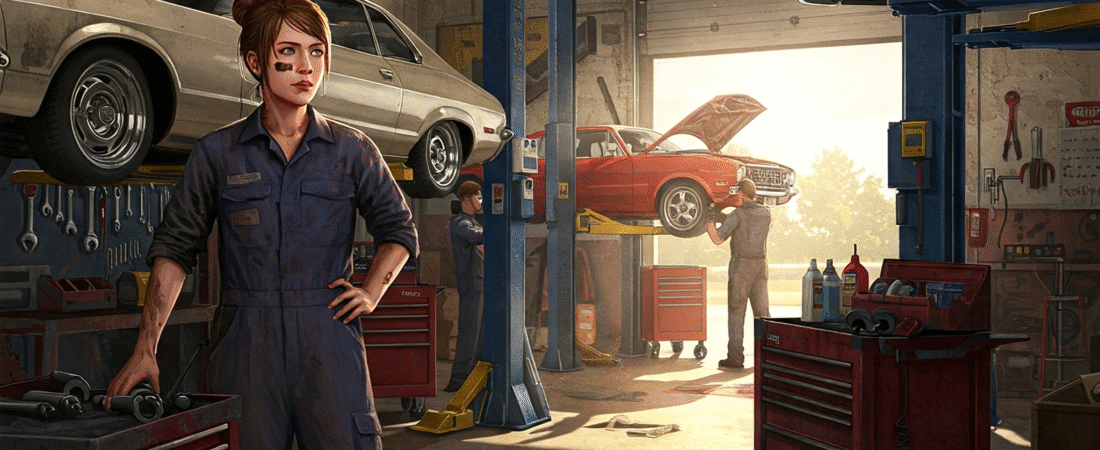Navigating the world of car repairs can often feel daunting. From understanding mechanic jargon to worrying about costs, it’s easy to feel overwhelmed. But armed with the right knowledge, you can approach your next car repair with confidence. Here are 10 essential things to keep in mind:
1. Do Your Homework: Find a Reputable Shop Before You Need One
The worst time to find a mechanic is when your car is already broken down. Start your search when your car is running smoothly. Ask for recommendations from friends, family, and colleagues. Check online reviews on sites like Google, Yelp, and the Better Business Bureau. Look for shops that are clean, organized, and have certified technicians (e.g., ASE-Certified).
2. Clearly Describe the Symptoms
You don’t need to be a mechanic, but you do need to clearly explain what’s wrong with your car. Note when the problem started, what you hear or feel (e.g., strange noises, vibrations, warning lights), and when it occurs (e.g., when braking, accelerating, turning). The more specific you are, the easier it will be for the technician to diagnose the issue.
3. Always Get a Written Estimate
Before any work begins, insist on a written estimate that details the parts to be used and the labor costs. This document should clearly outline the proposed repairs and their associated expenses. Don’t be afraid to ask questions if anything is unclear. This protects you from unexpected charges later.
4. Understand the Difference Between “Required” and “Recommended” Repairs
Mechanics may suggest additional services beyond the immediate problem. Ask them to differentiate between what is essential for the car’s safety and current operation versus what is preventative maintenance or an elective repair. Prioritize the required fixes if you’re on a budget, but understand the potential consequences of delaying recommended services.
5. Don’t Be Afraid to Ask Questions
It’s your car and your money. If you don’t understand something the mechanic is saying, ask for clarification. Inquire about the parts being used (new, rebuilt, or used), the warranty on parts and labor, and the expected timeframe for the repair. A good mechanic will be happy to explain things in terms you can understand.
6. Get a Second Opinion, Especially for Major Repairs
If you’re facing a costly or complex repair, getting a second opinion from another reputable shop is a smart move. While it might take a little extra time, it can save you significant money or confirm that the initial diagnosis and quote are fair.
7. Know Your Warranty Coverage
Understand what your car’s warranty covers. Some repairs, especially on newer vehicles, might still be under the manufacturer’s warranty or an extended warranty. Using a dealership or an authorized repair facility might be necessary to keep your warranty valid for certain repairs.
8. Keep Detailed Records
Maintain a file of all your car’s service and repair records, including receipts and invoices. This documentation is valuable for several reasons: it helps you track your car’s maintenance history, can be useful if you encounter recurring problems, and can increase the resale value of your vehicle.
9. Inspect the Work and Take a Test Drive
Before you pay the final bill, ask to see the old parts that were replaced. Review the invoice to ensure it matches the estimate. If possible, take your car for a short test drive to ensure the problem has been resolved and that no new issues have arisen.
10. Know What to Do If Something Goes Wrong After the Repair
Reputable shops usually offer a warranty on their repairs. If you experience issues after the service, contact the shop immediately. Clearly explain the problem and give them a reasonable opportunity to rectify it. If you can’t resolve the issue directly with the shop, you can consider contacting a consumer protection agency or an automotive dispute resolution service.
By keeping these 10 things in mind, you can navigate the car repair process more smoothly, make informed decisions, and ultimately keep your vehicle running reliably for years to come.
